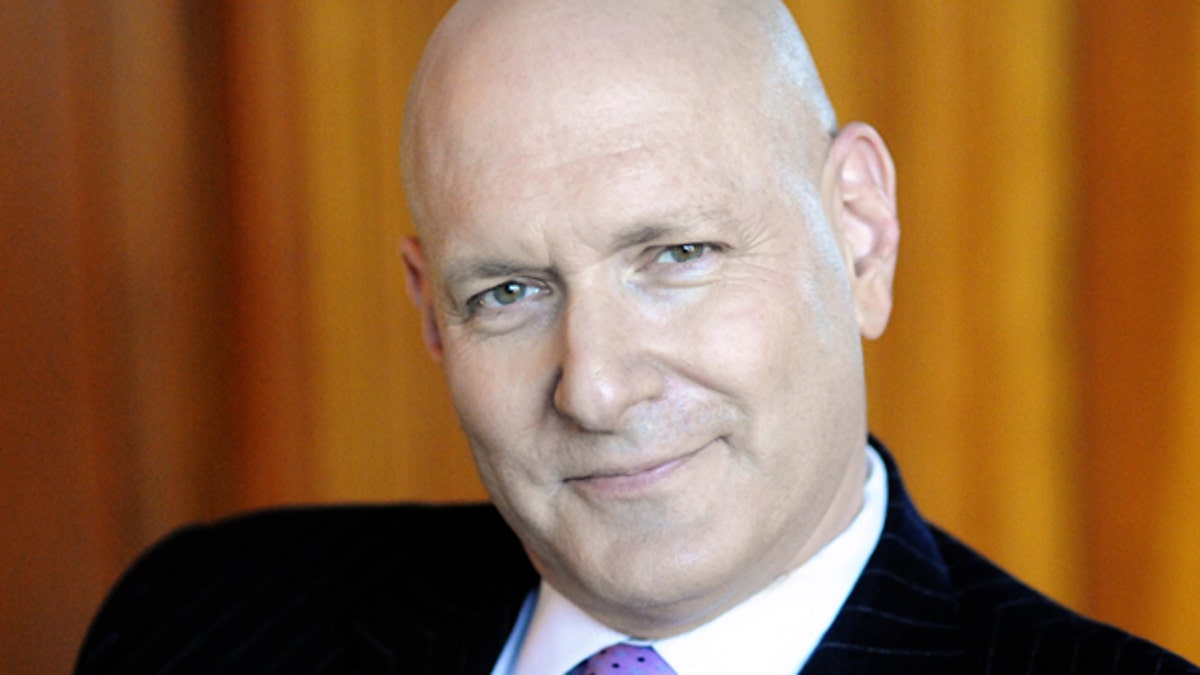
With the holidays at hand, Americans will be celebrating with family members they have long histories with—including chapters that were unhappy ones or ones filled with conflict.
The holidays are a time to look forward and to hope, but they are inevitably anchored in the past.
We exchange gifts and share long meals with people who not only remind us of good times, but of loved ones we once shared and then tragically lost, of times when we were far more unsure of ourselves or more dependent or (for that matter) more successful than we are now, of arguments we walked away from without really coming to any core, mutual understanding. Our parents and siblings and grandparents and uncles and cousins can relate to us in loving ways, but also in outdated ways that hark back to when we were almost “different people.”
I am constantly reminded by patients that they themselves recognize the extent to which the quirks or turns of phrase of a parent or sibling can trigger waves of emotion that have been held back by time and by distance. “Why does she always say that?" "Why is he always late?" "Why do I always feel like I’m being interrogated by them?”
These dynamics are probably inevitable. Any time we find ourselves in a group that includes several of the people we have shared many years with, there is the potential to reawaken deep feelings—both positive and negative.
What’s the best way to cope? The key can be uncovered in the very spirit of Christmas itself. Christmas is about God’s love for mankind. And it is, therefore, about our love and generosity. It is about giving to others.
So I recommend that you let yourself take a holiday from hurt. Tell yourself that this Christmas through New Year’s Eve is your vacation from trying to right the wrongs of the past or dwell on injuries you suffered due to the shortcomings of others. We all have these injuries in greater or (blessedly) lesser measure, and they have to be recognized at some point in order to heal them, but for nine days from Dec. 24 through Jan. 1, I prescribe being the healer.
What does being the healer mean? It means extending yourself to others in a way that makes them feel comforted and valued. It means giving them the benefit of the doubt by seeing them as doing the best they can in relationships, even if they don’t do very well. It means listening to what is going on in their lives and offering support and encouragement, rather than pointed advice or any judgment. It means being focused almost entirely on improving their holidays than on proving anything about yourself during the holidays.
Here are a few pointers about being what I call a holiday healer:
1) Being a holiday healer only happens when you decide to be one. Human beings want to be heard, so being a therapeutic listener is actual work. It requires intention.
2) Being a holiday healer can be a little lonely. This is because healing takes place from a bit of a distance. It’s less about an exchange of feelings than it is about letting yourself feel the happiness or stress or hypocrisy of others and gently nudging others in the direction of the best inside them.
3) Being a holiday healer is worth it. The gifts people actually remember are little gifts of time or kindness or forgiveness. You can give these very powerful gifts, and they will empower you 10-fold.
4) Being a holiday healer is contagious. You may not believe me, but people respond to healing by becoming healers themselves.
If you decide to be a holiday healer, be very aware of the reactions of those around you. You’ll notice that people gravitate toward you and that you feel just a little lighter on your feet, a little freer to see the best in people and a little more likely to see the best in yourself.
Dr. Keith Ablow is a psychiatrist and contributor for Fox News Channel and a New York Times bestselling author.
Follow us on twitter.com/foxnewslatino
Like us at facebook.com/foxnewslatino
